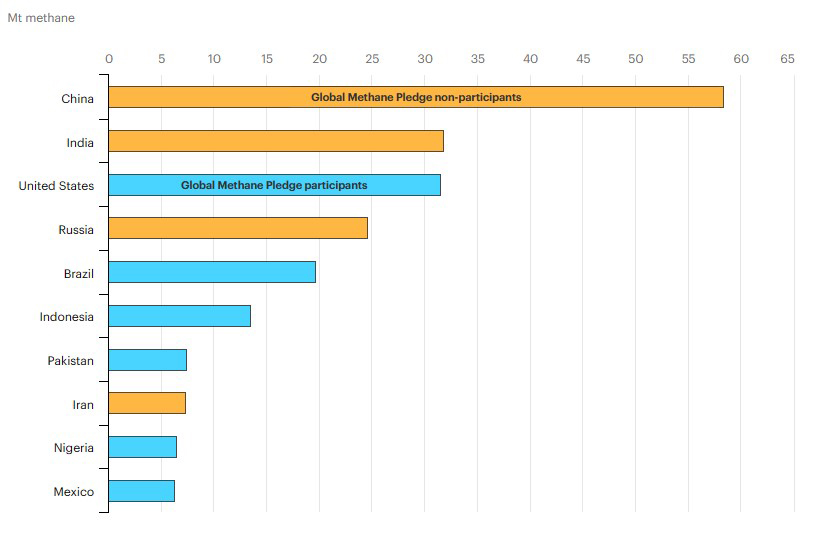
Tom Murphy
Professional Agricultural
Contractors of Ireland
Climate change contribution
But we are prepared to instigate change to address it, to reduce our carbon footprint, to be responsible for our actions. The agricultural sector must accept its contribution to climate change; however, a balance needs to be struck between the responsibility of feeding the world and the lifestyle we choose to enjoy. The old adage, ‘you can’t have your cake and eat it’ – meaning we must choose our priorities – has never been truer.
Attack on agriculture
However, the constant attack on agriculture and, as a result, the livelihoods of farmers and contractors is not, in my view, balanced when compared with other sectors that are also playing a part in contributing to climate change. Surely the sustainable production of food requires some form of derogation when sectors producing luxury and disposable items have no restrictions placed on them?
It is unfair to compare Irish methane emissions with other countries. We are a small, rural country and our economy is reliant on agriculture. If China, India, US, Russia, and Brazil, which are by far the world’s largest methane producers (see chart) were forced to take the drastic action Ireland is being made to take, I am not sure that it wouldn’t be tolerated. Paul Crosson, Teagasc beef enterprise specialist and researcher, explained at a recent Bord Bia meat-marketing seminar 'that reducing Irish agricultural output to meet emissions targets will likely result in higher levels of production in areas where livestock farming is associated with significantly higher carbon emissions”. So, any herd reduction in Ireland would be taken up by other countries, most notably Brazil, who are major contributors to climate change and continue the destruction of the Amazon forest expand their farming landbank.
We would all be very foolish to take a head-in-the-sand approach to this. The scientists haven’t got it wrong. What is questionable, however, are some of the solutions being put forward by lobby groups with their own vested interests. And, yes, I put my hand up as being part of this. However, over the many years that I have represented agricultural contractors and supported farmers, I have always tried to take a balanced and pragmatic approach. Unfortunately, in this climate crisis that we are all part of, most of the blame and mitigation measures are directed toward the agricultural sector, as far as I can see, while other bigger commercial players escape the same level of scrutiny,
While all sectors believe that they should, to some extent, be exempted from climate-control measures does it not make sense for agriculture and food production to have a slightly stronger case? I make no apologies in saying that, for me, these things must be at the top of any priority list. And how can we justify this? We, in agriculture, must challenge the position we have been manoeuvred into, where we are perceived by the world as the main cause of climate change, when data shows we are not. Other sectors, because of their commercial heft and consumer resistance to lifestyle changes, are bigger contributors to climate change, but go under the radar.
Fossil fuels
The Intergovernmental Panel on Climate Change (IPPC) found that fossil-fuel emissions are the biggest cause of climate change and grew by 1 per cent in 2022 alone. Yet $750 billon of public subsidies and private money were invested in oil and coal production.
Agriculture
According to the United Nations Food and Agricultural Organization (FAO), agriculture accounts for 11 per cent of total greenhouse gas (GHG) emissions (one of which is methane). However, the EU policy of buying cheap food from countries that have questionable environmental standards, countries that will not be forced to reduce their national herds or meet exacting EU standards, must account for a considerable part of this 11 per cent.
Fashion
It may come as a shock for most to learn that fashion accounts for 10 per cent of GHG emissions, just 1 per cent behind agriculture and more than air travel and shipping combined. Throw-away fashion is now the norm, creating millions of tonnes of plastic and other waste, polluting our air and oceans and filling our landfill at a worrying rate.
Food waste
According to the United Nations FAO, food waste accounts for 10 per cent of GHG emissions. Globally around 40 per cent of food is wasted, taking up to 22 per cent of landfill availability where it is a major contributor to methane emissions.
The cost of a throw-away lifestyle
Our desire to have the lowest price, not only for food but for cheap throw-away fashion and disposable products we could well live without, has resulted in us trading with countries that have little concern for the size of their carbon footprint.

Top-10 emitters of methane.
In September 2022’s edition of Irish Farmers Monthly, I wrote about worldwide government policies that are having devastating effects on climate change – as well as industries that involve mining of lithium and copper and concrete for construction – yet there is no great public or government outcry.
So, the purpose of my article this month is to urge policy and decision makers to stop and think if they have got it right. Is agriculture the root problem of climate change or is it an easier target than others? Have they got the courage to take on the other industries that are responsible for the crisis we are in? Are we, the public, prepared to make changes to our lifestyles, or will we choose to be consumer rich at the expense of food on our table. Farmers need support rather than to be blamed constantly for a situation we have all gotten ourselves into.





